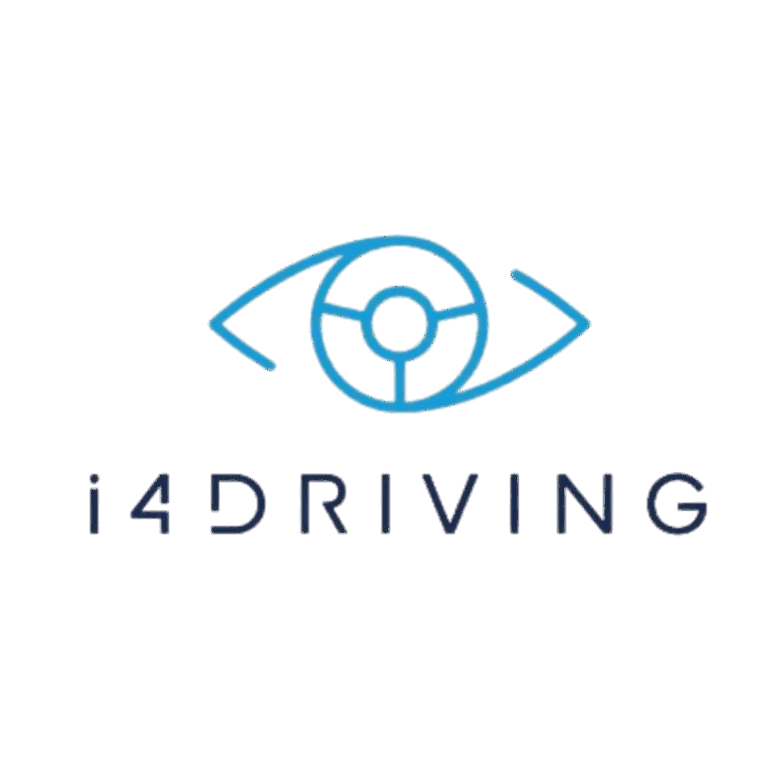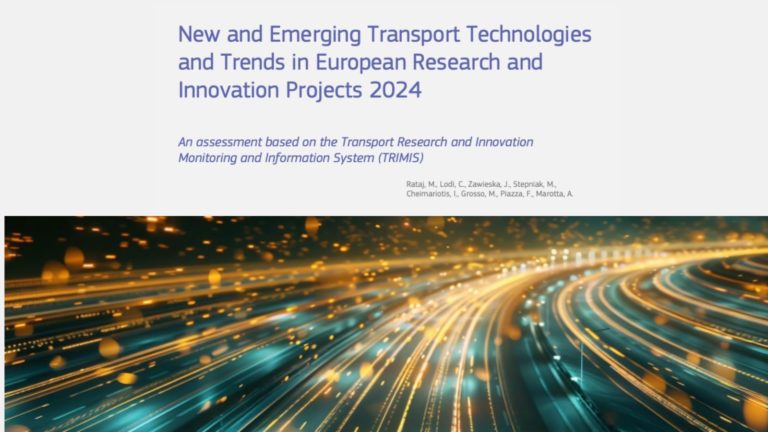i4Driving
The vision of i4Driving is to lay the foundation for a new industry-standard methodology to establish a credible and realistic human road safety baseline for virtual assessment of CCAM systems. The two central ideas we propose are (1) a multi-level, modular and extendable simulation library that combines existing and new models for human driving behavior; in combination with (2) an innovative cross-disciplinary methodology to account for the huge uncertainty in both human behaviors and use case circumstances.
This rigorous treatment of the uncertainty is crucial to assess how much of our confidence in model inputs, parameters, and structure is justified. It also makes explicit how experts from different disciplines judge the outcomes and how justified the underlying assumptions really are. Our consortium combines all the expertise needed to develop this methodology (e.g., traffic engineering, human factors, data & computer science).
We have the experimental means to gather the evidence beyond the state-of-art needed to realistically simulate (near) accidents in multi-driver scenarios (access to many data sources, advanced driving simulators, and field labs). We have a strong international network to collaborate with and harmonize our approach with academic and professional partners in e.g., the US (NADS facility); Australia (UQ advanced driving simulator and TRACSLab connected driving simulator facilities), China (Tongji Univ. 8-dof driving simulator and large-scale field lab) and Japan (NTSEL).
Finally, we have all the relevant partners onboard to test and apply the methodology (Universities and research labs, OEMs and Tier 1, vehicle regulators, type-approval authorities, standardization institutes, insurance companies). i4Driving offers a proposition for the short and the longer term: a set of building blocks that pave the way for a driving license for AVs.





